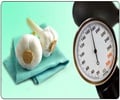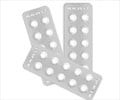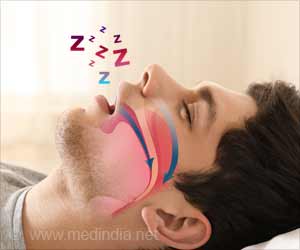Resistant hypertension affects about 1 in 10 people with high blood pressure and a new review article is aimed at helping physicians assess and manage patients with the condition.

About 20% of Canadian adults have hypertension (high blood pressure.) Resistant hypertension is defined as blood pressure levels that exceed the target level despite treatment with three or more hypertension drugs. Obesity, especially a large waist circumference, and sleep apnea are the top contributing factors to resistant hypertension. Patients with resistant hypertension are at higher risk of heart disease and death.
Before treating patients for resistant hypertension, physicians must rule out "pseudoresistance." Elevated blood pressure during physician visits ("white coat effect"), not taking recommended medications and inaccurate blood pressure measurements can contribute to apparently resistant hypertension.
The review recommends structured approaches to managing this condition:
- optimizing current medication regimen and strategies to improve adherence
- counselling patients to reduce salt intake, limit alcohol, exercise and strive for a healthy weight
- treating obstructive sleep apnea with continuous positive airway pressure
- adding drugs when current drugs are not effective — spironolactone, a-blockers, b-blockers and others
- referring patients to clinics with hypertension specialists
Source-Eurekalert















